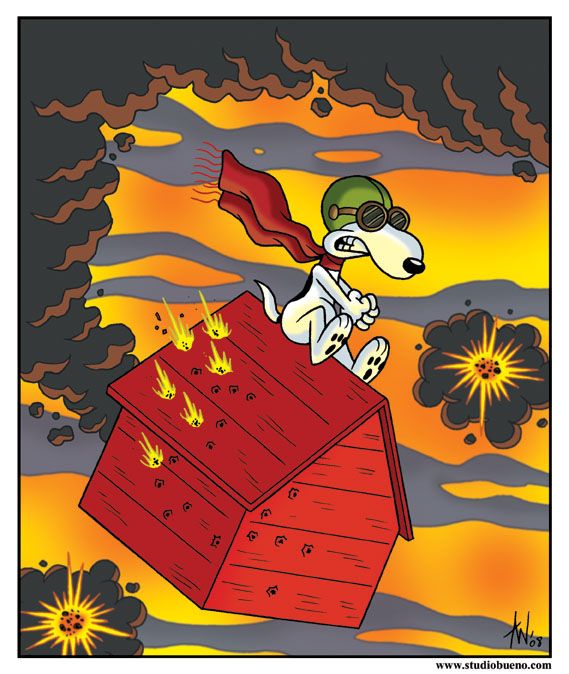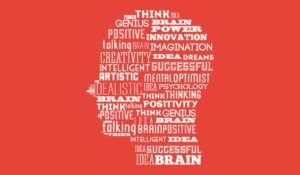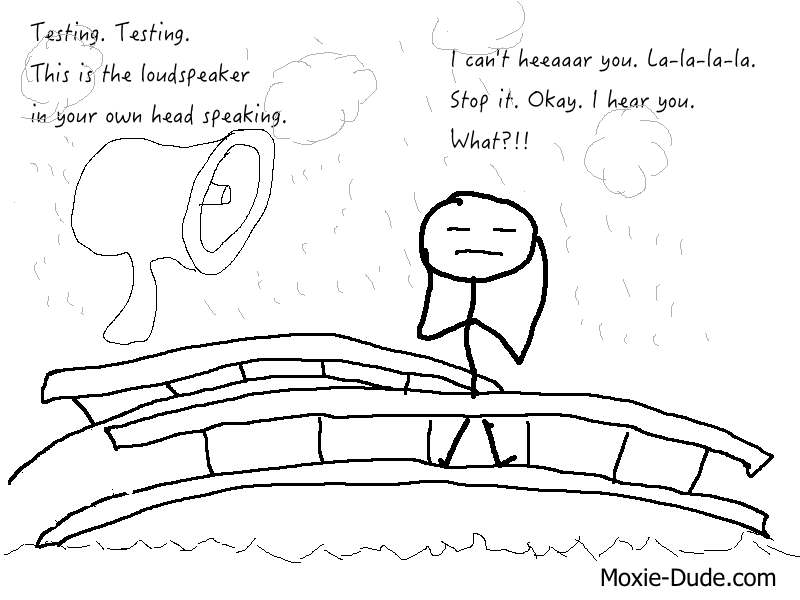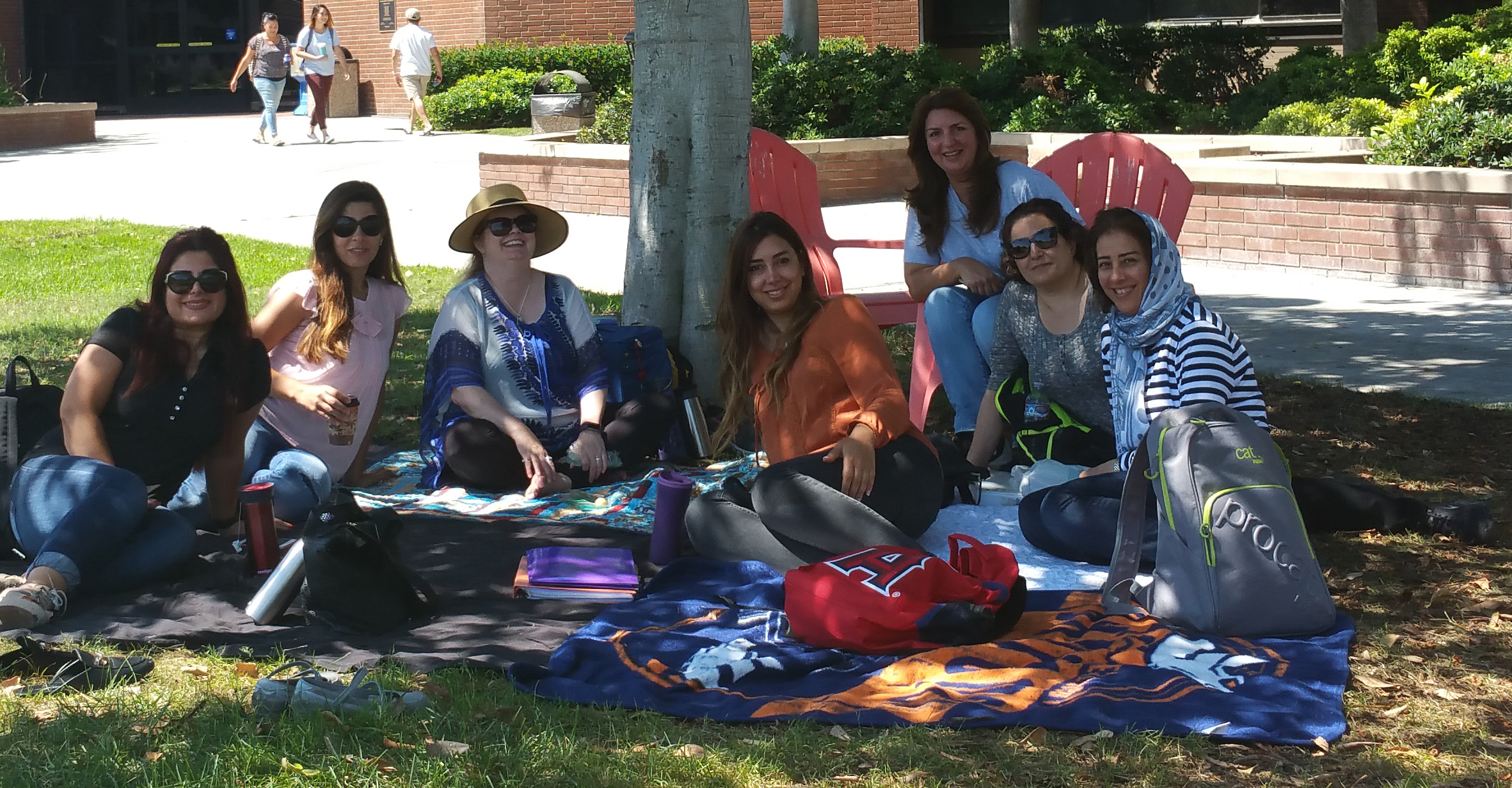I love this song.
This week I had the wonderful opportunity (as usual with my awesome job!) to talk with humans from various linguistic and cultural backgrounds, Chinese, Korean, Brazilian, Syrian, Iranian, Afghan, Egyptian, Japanese, Vietnamese, and even American. I spoke with the motivated, optimistic, driven and grateful as well as the disheartened, jaded, indolent, and entitled. I made people laugh, and I made people cry. I learned from teachers and students, mothers and fathers, engineers and artists, friends and enemies, and too many more to list. Together we all makeup humanity.
This song is about being human, about the actions we take both good and bad. What if we accentuated the good and diminished the bad? Just how much might we accomplish in the world?
Here are a few of the idiomatic phrases in the song “Human” by Christina Perri. Most of these phrases are used every day in American speech and writing.
Hold One’s Breath

Idiomatically means to wait or delay until something happens.
For example:
He’s been applying for jobs all over town while holding his breath that someone will call.
Also it’s often used in negative advice to tell someone to give up the idea.
As in the following conversation:
Student 1: I think I’ll get into the morning class this fall.
Student 2: Don’t hold your breath! You’re number 24 on the waitlist!
Bite My Tongue

Idiomatically both mean to NOT say the negative words you are thinking
For example:
When she told me she didn’t like my new logo, I really had to bite my tongue! Who asked her anyway?
Also, it is often used in advice to tell someone to be quiet.
As in the following conversation:
Student 1: I want to go home early today, so when Mrs. C asks the class questions, just hold your tongue, alright?
Student 2: Got it!

Hold My Tongue
Fake a Smile

*Painted on Smile
Idiomatically , both mean to smile without the feeling of happiness behind it often for manipulative or deceptive purposes.
For example:
Did you see that fake smile she gave you? I mean really, doesn’t she know that you know what she said about you to the instructor?
Idiomatically, it means to give an unnatural laugh to cover up other emotions or used out of politeness for someone else’s not funny information.
For example:
I forced myself to laugh at his comment, but left as soon as I could.
Force a Laugh

Play the Part

*Act as if
*Fake it until you make it
In theater, actors take on roles or characters for a purpose. We do the same thing in life. Idiomatically, it means whether for good or bad reasons, to act in an expected behavioral role.
For example:
A newly graduated linguistic student might not feel like a teacher yet, but when she walks into the classroom, she plays the part of the instructor. She will fake it until she makes it.
An ESL student might not feel comfortable in conversations with native English speaking classmates, but he can play the part or act as if he is until it becomes a reality.
Crash and Burn (or Breakdown)
Idiomatically, it means to fail spectacularly
For example:
I just finished my first book in the GramEd series. It’s the biggest thing I’ve done to date. I hope it doesn’t crash and burn.


Turn It On
Idiomatically, used to mean to be at your best in the situation, rather like turning on a light.
For example:
So, when I’m in the classroom, I turn my energy on, my language knowledge on, my compassion on, etc. Even if I don’t feel like being there that day, I turn it on.


Be A (Good) Machine
Idiomatically, it means to be robotic, to do the job at hand without emotions getting in the way
For example:
When I have to talk to a student who plagiarized in an essay, I have to be a good teaching machine. I can’t be swayed by their excuses or tears.

Words (Voice) in My Head

Idiomatically, a negative meaning is usually literal: an auditory imaginative “voice” in one’s head with negative thoughts, which is often used to refer to schizophrenic people’s symptoms.
Idiomatically, it can be positive as in one’s one thoughts or ideas driving to success. The voices in our heads can be our own, or they can be others motivating ideas.
For example:
when I first started teaching, I spent a great deal of time with mentor teachers. Their words and wisdom became the voices or words in my head during tough classroom situations. Now, I have been teaching for a while, so I have my own success and failures. Now, I can talk myself through problems. I am my own voice in my head.
Weight of the World

Idiomatically, it means when a person is weighed down by obligations or responsibilities, he or she feels as his or her actions carry the future of the world.
For example:
International students with their families expectations, cultural adjustments, and scholastic demands often carry the weight of the world on their shoulders.
*knife in the back
Idiomatically, it means a deep emotional wound because of a betrayal or deep hurt caused by another’s words or actions.
For example:
Nothing I did reached my failing student, and after flunking the level for the third time, she had to leave school. When that she told me I was the worst teacher she’d ever encountered and I should give up the profession, it was a knife in my heart.
Knives in My Heart

Fall Apart

*Wheels Fall Off The Bus
Idiomatically, both these phrases mean things aren’t going well.
For example:
Yesterday the wheels really fell off the bus! I couldn’t find my keys, so I was late leaving the house, there was an accident on the freeway, the air conditioner in the classroom wasn’t working, and half of the class didn’t bring their books! I fell apart and sent them all on break early!
